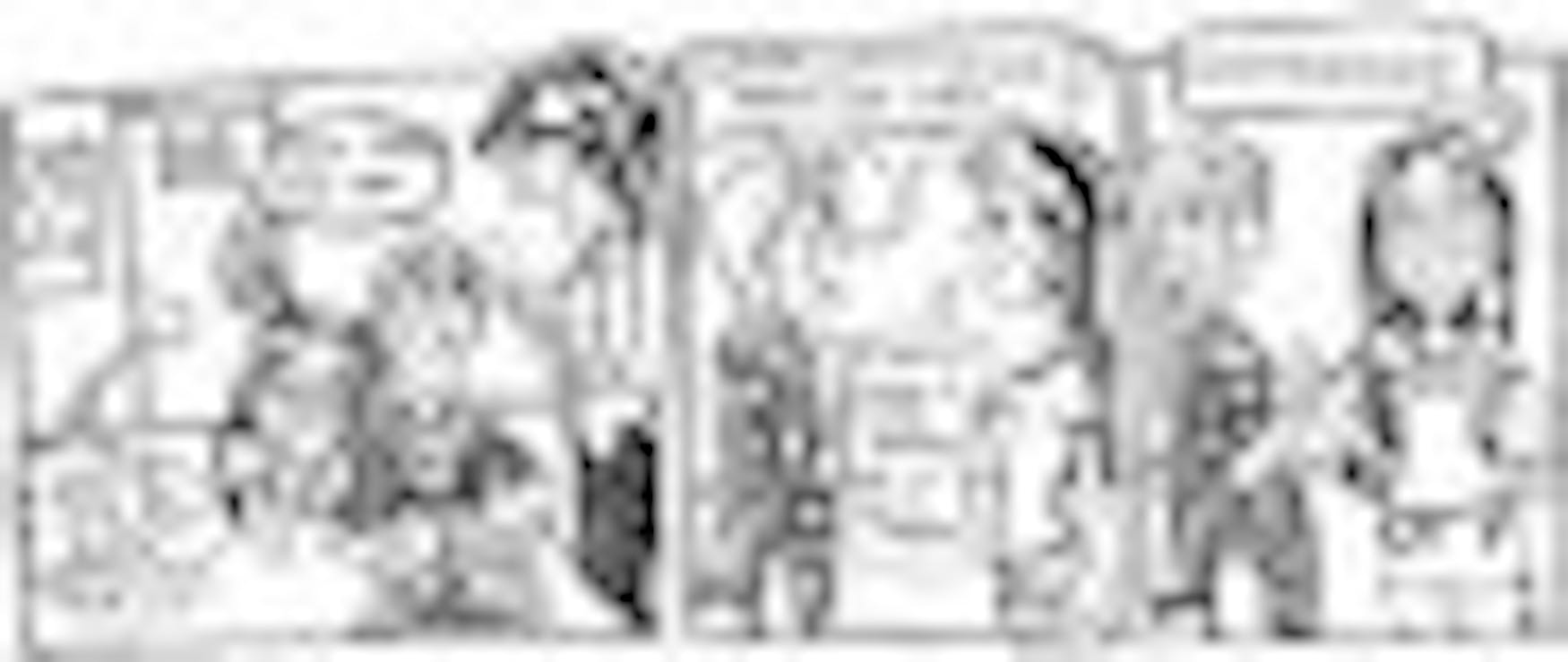Current writing seminar benefits all students
As a rising first-year, I was depressed to find that I would be taking a mandatory University Writing Seminar. I reflected on my high school experience with writing-straight As in English and a state championship title in competitive essay writing. The list of achievements I had to my name as I entered my first year here provided fine fuel for my personal opinion that the UWS would be a waste of my time. I imagined a semester of boring drudgery going over the things I already knew, insulting my finesse and intelligence all along. I wished that there could be some sort of test-out avenue that would allow me to demonstrate my bottomless well of talent and be rid of the tiresome business of the UWS.My arrogance dissolved in a mere matter of weeks. Among my first four classes here, I found the UWS to be the most rewarding. I was instructed by the brilliant Vinodini Murugesan (GRAD), who runs a particularly rigorous course. It is from my experience in her class that I drew the following observations.
First, the concept that anyone enters into any life situation without anything to learn is ludicrous. No one ever knows all there is to know about a subject. As a matter of fact, the depth and complexity of a subject really only becomes understood by ongoing study. Therefore, I don't feel comfortable with the idea of students assuming that they "already know how to write" and hence are above the UWS; the structure of the UWS is perfect for those who are experienced and talented in writing as well as for those whose talents lie elsewhere. For some, it is a polishing session, and for others, it is a creation of groundwork. Either way, there is something to be taken away from the experience for everyone.
Moreover, the UWS benefits both sets of students-those who enjoy writing and those who do not-by including them in the same class. The UWS operates largely off of peer review, which improves the eye of the experienced writer and allows the less-experienced writer to benefit from the critique. It also provides a chance for those who struggle with writing to encounter a range of fine writing styles and techniques. Allowing an entire set of students to test out is, therefore, detrimental to both sets.
The structure of the UWS is also a dream come true for both the accomplished and struggling writers. Small classes and mandatory conference sessions with the instructor are perfect for improving the talented writer to the point of excellence and for straightening out larger problems for others.
Rest assured that the instructors here have read and written much more than the exiting senior-needless to say, more than the incoming first-year. Small classes that provide for contact with such experienced, knowledgeable individuals are a coveted privilege at other universities and should not be taken for granted here. A test-out program or other abbreviated course would not grant the student the advantage of ongoing interaction with a highly experienced, skilled writer, and that alone is a disservice to the budding author.
More specific yet is the fact that college essays are simply fundamentally different from those written in high school, and the UWS in its current format allows for exploration of those important departures.
The thesis of college writing is much more developed, complex and slightly different in purpose than that of the high school essay-something that the close-reading section of the UWS dutifully addresses.
The "lens" paper is something almost entirely unheard of in high school, which requires of its writer a great deal of detailed analysis and clear explanation that is thoroughly discussed in that section of the course.
College research papers are also expected to be far more complex and investigative than high school papers. Moreover, the University's library system can be difficult to navigate without the ongoing support and instruction of one's UWS instructor. I find it hard to believe that any writer fresh out of high school is perfectly competent in each and every area explored by the UWS, and that alone is enough to justify it as mandatory.
Lastly, the UWS experience is a period of adjustment. It is as much instruction on writing as it is on the way college works in general, and unlike other classes, it is merciful. It is made up of first-year students and geared specifically toward them, allowing for the fact that they are, in fact, new to the college experience. It takes into account that previous knowledge and skill will be varied among students, and it regardless benefits them all. It also provides an opportunity to work in groups and socialize with others who are also new to Brandeis and just as willing to find new friends. I admit that even now, in my sophomore year, I still regularly meet with my UWS instructor, whose advice only appreciates in value as time goes on.
I would therefore urge a more positive consideration of the UWS. Like all other classes not directly pertaining to one's favorite field of study, it may seem either torturous, boring or both.
Nonetheless, it is a multi-faceted learning experience that cannot be replaced, in all of its complexity, by a short test. It is, like the first year itself, a prolonged learning experience that provides endless, invaluable insight and experience.




Please note All comments are eligible for publication in The Justice.